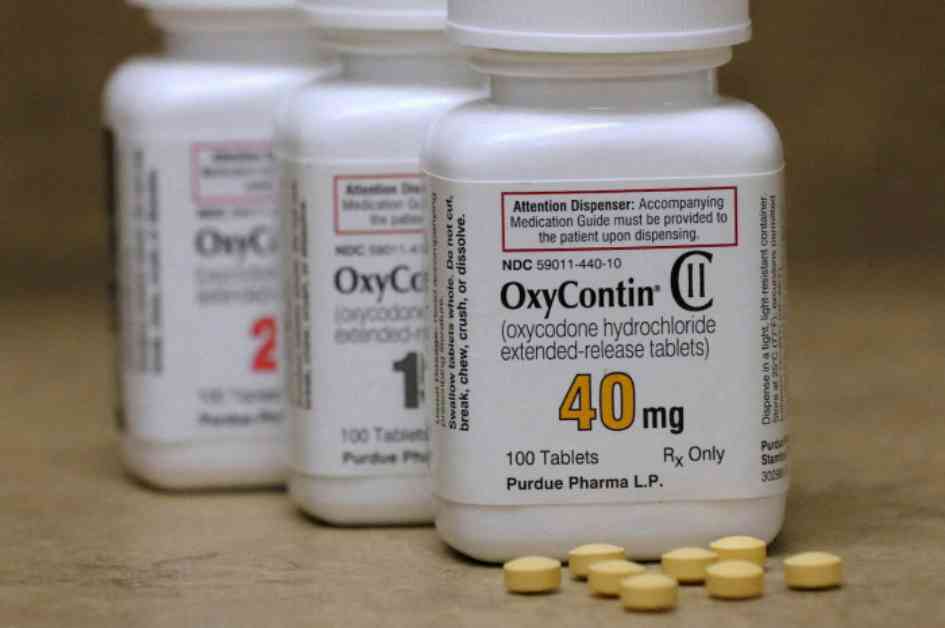McKinsey Settles $650m US Opioid Case: Unraveling the Impact
In a groundbreaking development, the prestigious multinational consulting firm McKinsey & Co has agreed to pay a staggering $650 million to settle a US criminal investigation. The inquiry revolves around McKinsey’s involvement in advising the infamous opioid manufacturer Purdue Pharma on how to ramp up sales of their highly addictive products. This move marks a significant milestone in addressing the crisis that has wreaked havoc on countless lives across the nation.
The Nitty-Gritty Details
McKinsey has made a decisive move by entering into a five-year deferred prosecution agreement filed in federal court. This step aims to address the criminal charges brought against the firm as part of a rare corporate prosecution. The focus of the investigation centers on the marketing strategies employed by Purdue Pharma to promote their addictive painkillers, which played a pivotal role in exacerbating the deadly US opioid epidemic.
Prosecutors have shed light on McKinsey’s pivotal role in providing advice to Purdue on how to “turbocharge” sales of OxyContin, a notorious painkiller at the heart of the crisis. The charges lodged against McKinsey include conspiring to misbrand a drug and obstruction of justice, painting a grim picture of the firm’s involvement in fueling the epidemic that has claimed countless lives.
The Human Side of the Story: A Personal Reflection
As I delved into the intricate details of this case, I couldn’t help but reflect on the profound impact of the opioid epidemic on individuals and families across the nation. The staggering toll it has taken on communities is a stark reminder of the urgent need to hold accountable those responsible for perpetuating this crisis. The actions taken by McKinsey and Purdue Pharma carry far-reaching implications for the ongoing battle against opioid addiction, underscoring the critical need for transparency and accountability in addressing this pressing public health issue.
A Glimpse into the Legal Landscape
Former senior partner at McKinsey, Martin Elling, has also found himself entangled in the web of legal repercussions, agreeing to plead guilty to obstruction of justice for destroying records related to McKinsey’s work for Purdue. This development further underscores the gravity of the situation and the far-reaching consequences of McKinsey’s actions in advising Purdue on boosting sales of OxyContin. With Elling scheduled to enter his plea on January 10, the legal saga surrounding this case is far from over.
As the dust settles on this landmark settlement, the repercussions of McKinsey’s involvement in the opioid crisis continue to reverberate across the legal landscape. The unprecedented nature of this case serves as a stark reminder of the complex web of consequences stemming from corporate misconduct in the pharmaceutical industry. The $650 million settlement underscores the gravity of the situation and the imperative of holding accountable those responsible for perpetuating the opioid epidemic.




















